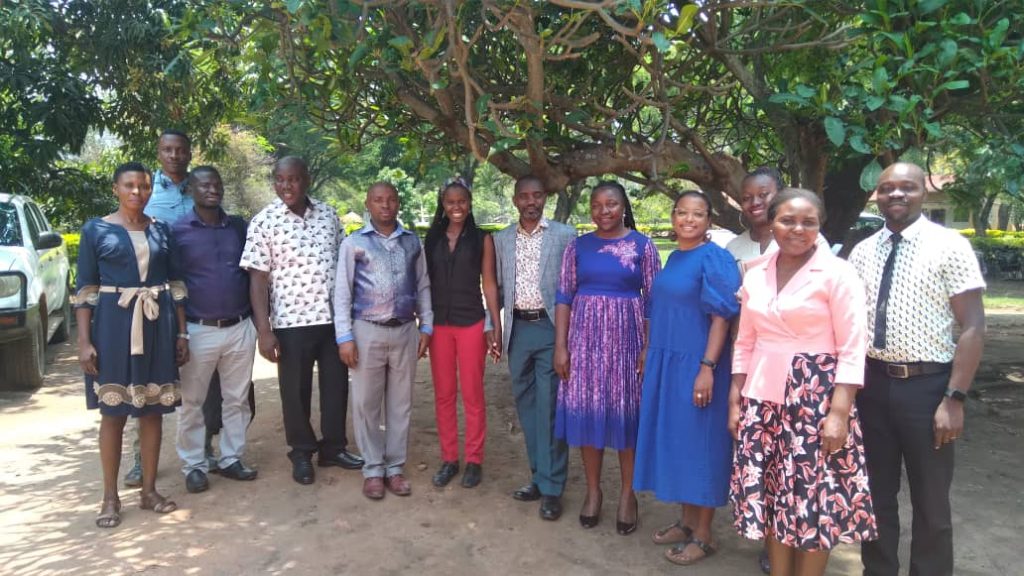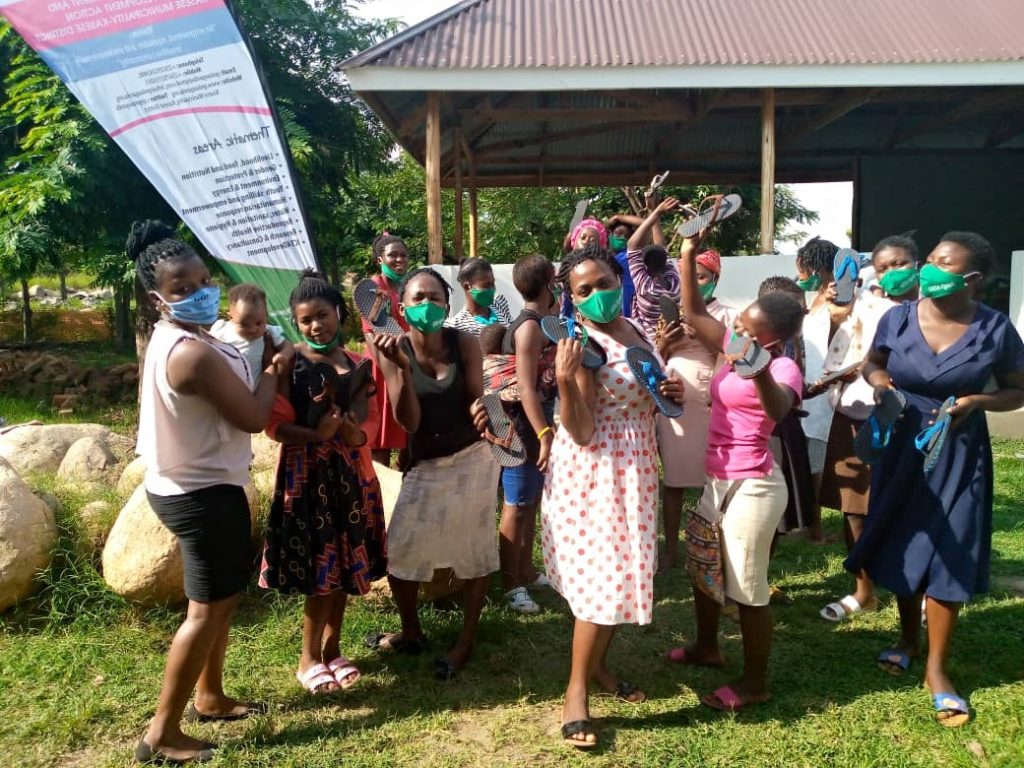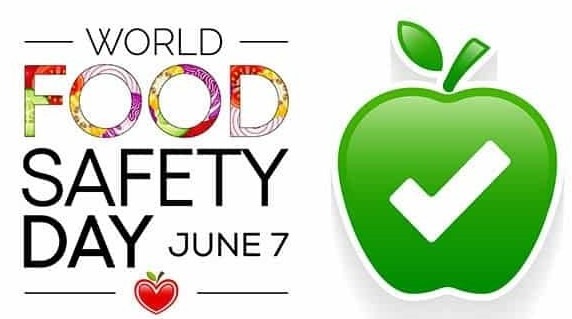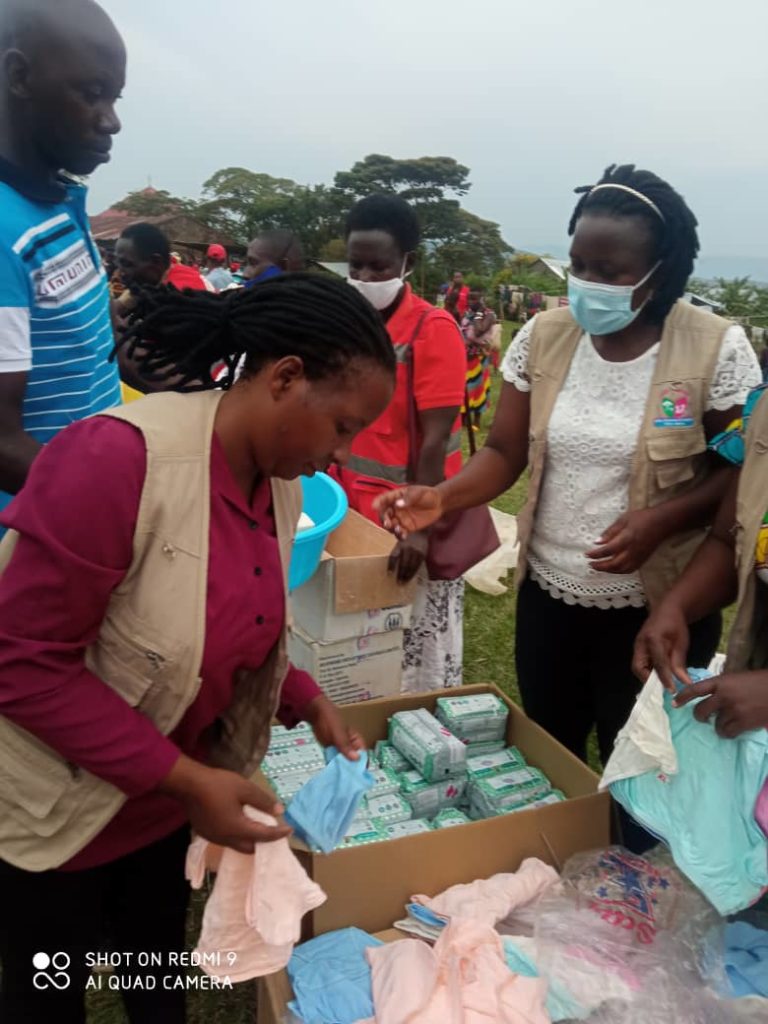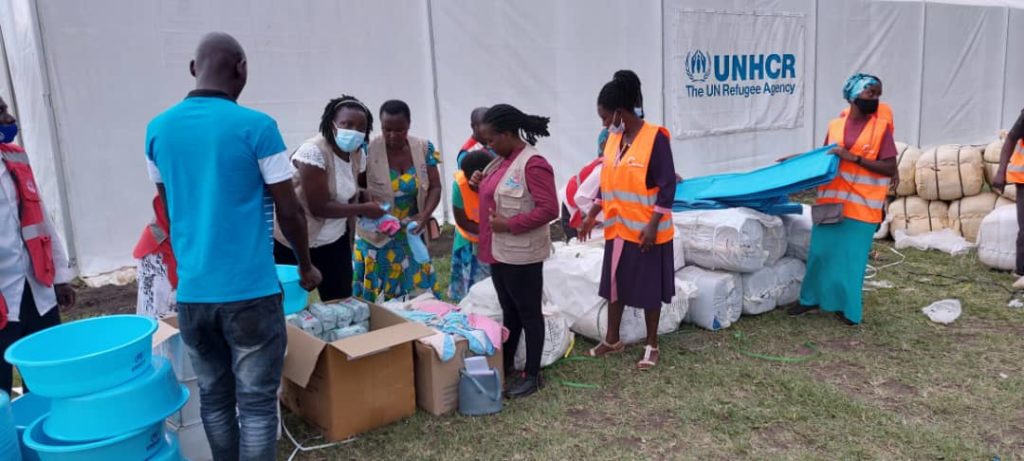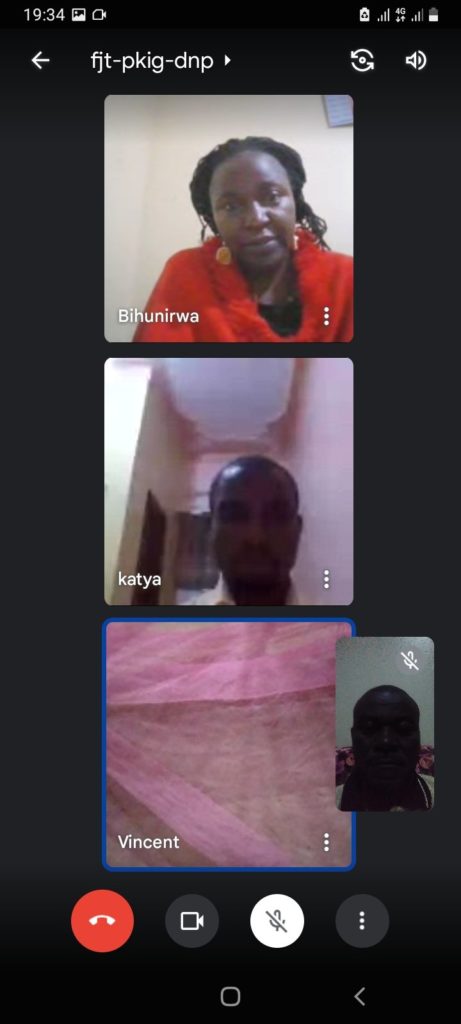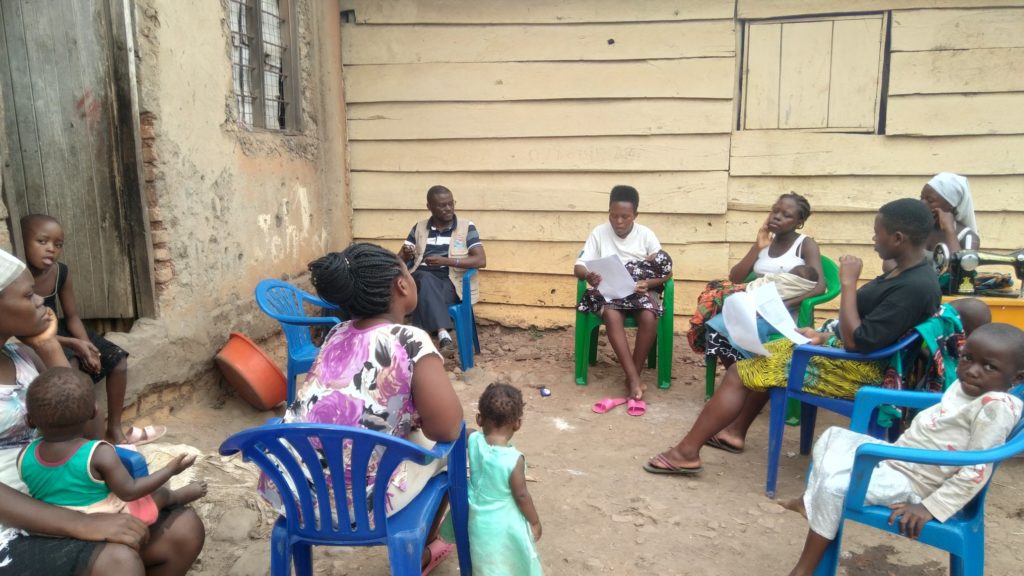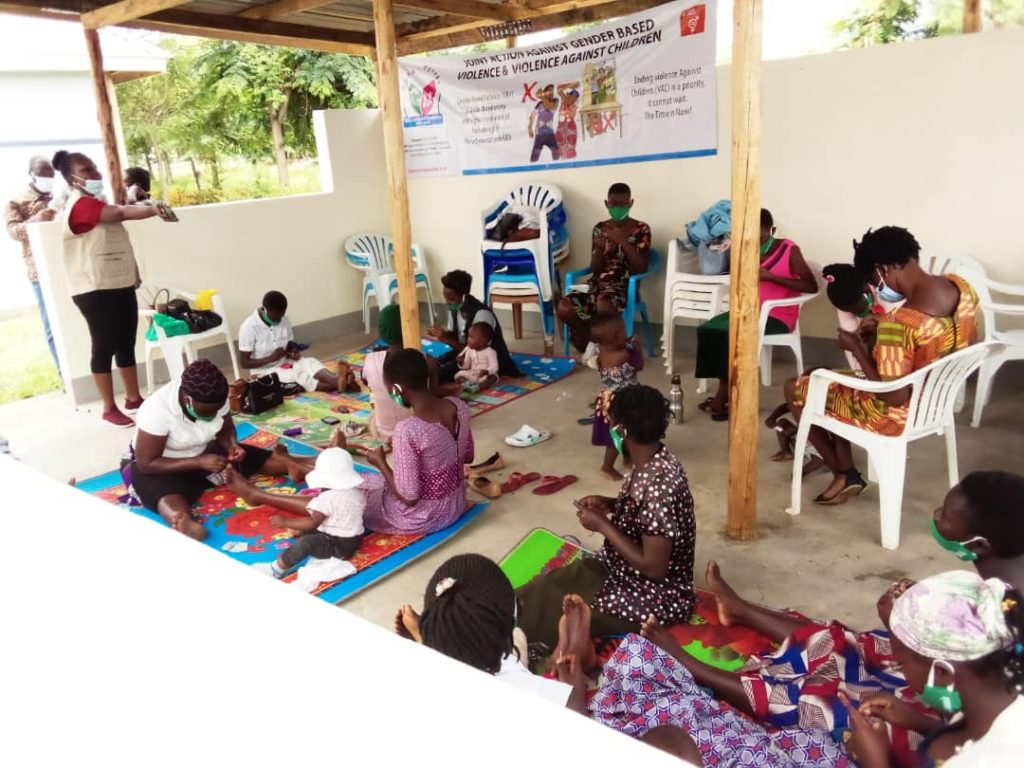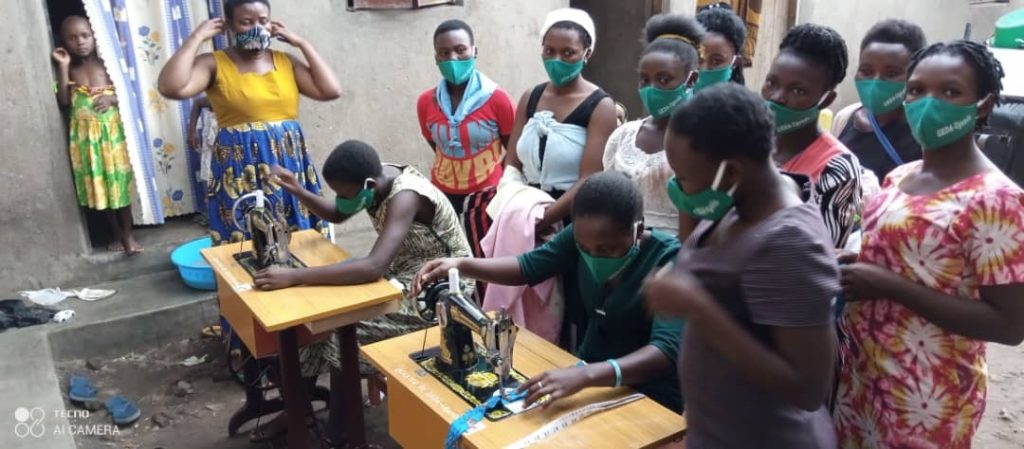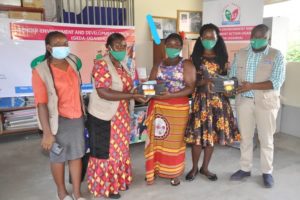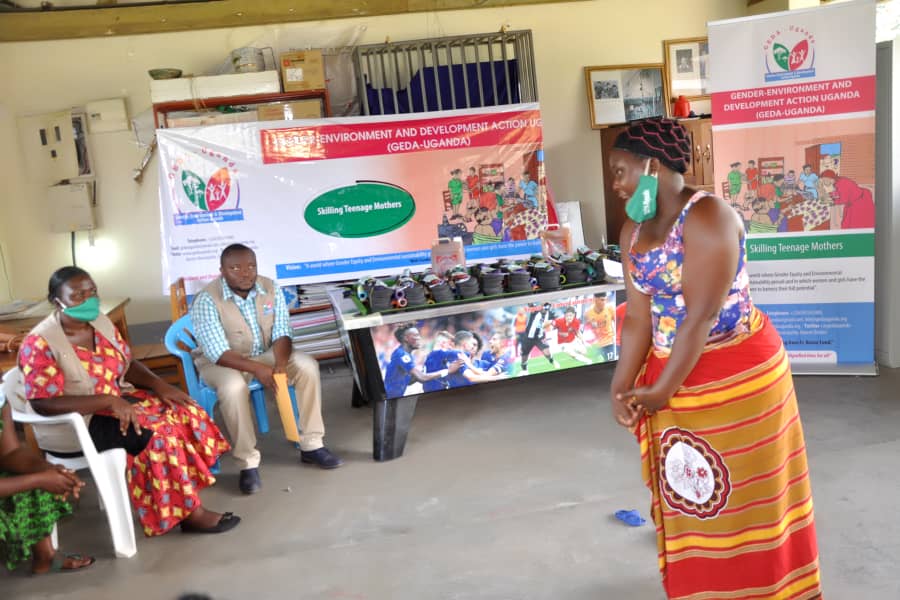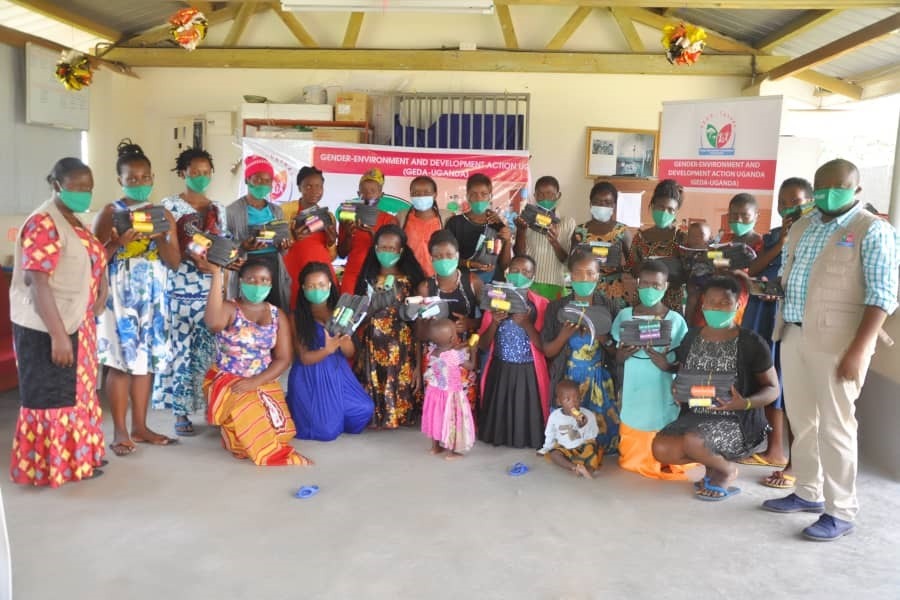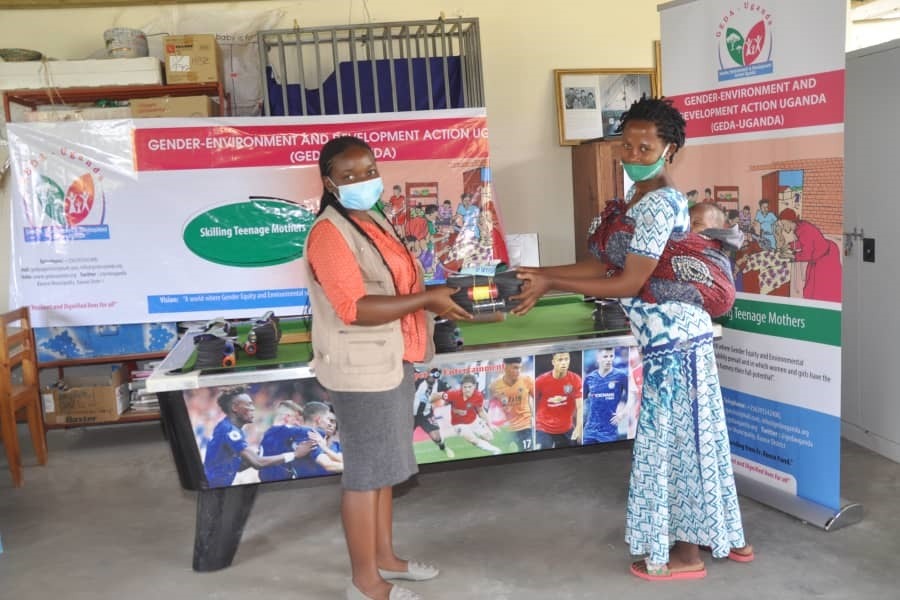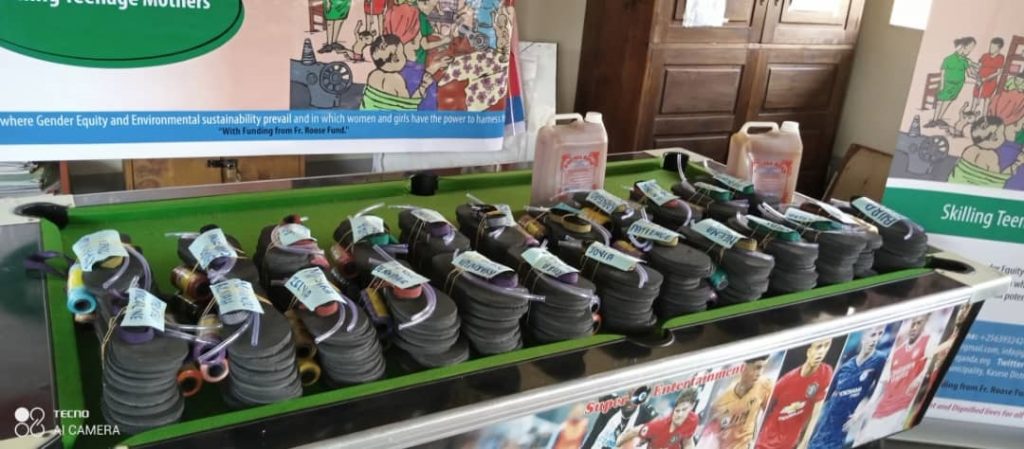Uganda is experiencing significant impacts of climate change, which include changing weather patterns, drop in water levels, and increased frequency of extreme weather events like floods, mudslides, as well as drought, whose social economic impacts make communities very vulnerable.
It is already widely accepted that extreme weather events have been increasing and have been more severe in recent years. It is estimated that the risks are likely to increase in the future in large parts of Uganda. The National Environment Management Authority (NEMA) State of Environment Report (NEMA, 2012) estimates losses and damage to the tune of US$47 million to crops, which is equal to about 3 per cent of the value of all cash and food crops in that year. Other extreme events have resulted in even bigger losses, possibly as much as 30% of the sector’s normal output and recently even worse.
Kasese District has not been left the same after several catastrophic climate change events have happened. Kasese and surrounding areas have had repetitive floods, mudslides among others due to the several rivers that have burst their banks nearly every year. Kasese Municipality has either not been spared by the famous Nyamwamba river and other neighbouring streams that have burst their banks causing losses worth millions of shillings and lives. The most recent has been the Kasika mudslide that claimed about 16 lives and millions worth of property, crops destroyed. This is a clear indication of nature striking.
One of the major causes of these catastrophes is the continued cutting down of trees, bad farming practices especially at the river banks among others. Hills have been left bare that make them prone to mudslides.
It is against this back ground that Kasese Municipality is implementing a land cover and landsuse mapping project with focus on forest cover, developing an urban forest management action plan and a practical implementation strategy and build local capacity in GIS and urban forest management.
The project is implemented Under the Covenant of Mayors for Sub Saharan Africa Initiative with financial support from Expertise France.
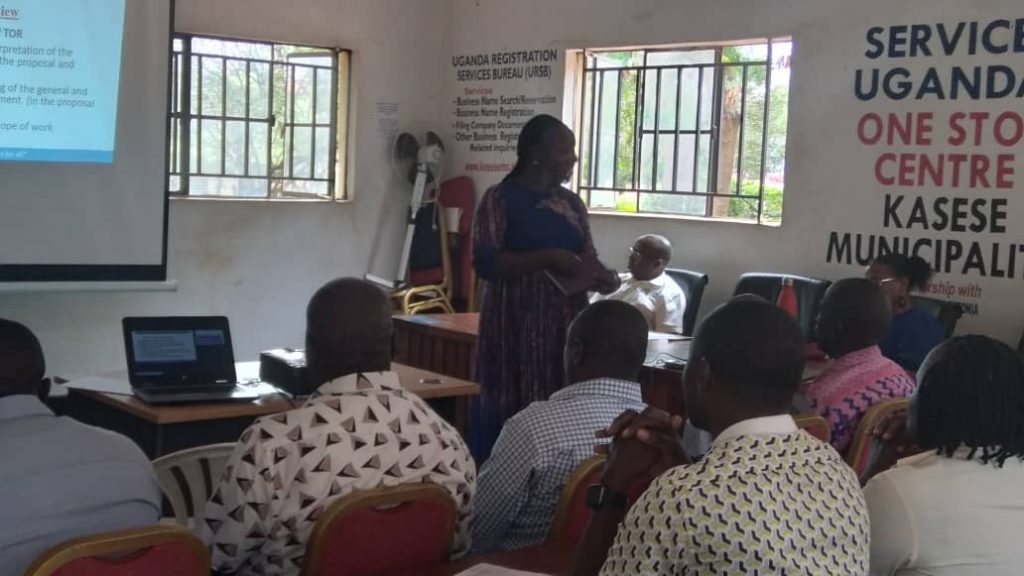
Gender-Environment and Development action was incorporated in the project implementation to first of all refine a clear terms of reference for implementation but also to foresee and supervise the entire project implementation.
The key activities of the project will include but not limited to;
- Developing a GIS map of Kasese Municipality showing land cover and land use highlighting forest cover and open spaces by Ward.
- Developing 3 Satellite images showing land cover and land use of Kasese Municipality from 2000 using the five year interval, Statistical tables showing the trends in land cover and land use, An Urban forest action plan for Kasese Municipality.
- A clear urban forest management implementation Strategy developed with practical and feasible interventions in consultation with key community stakeholders
- Classification of the unplanted area in the municipality by ownership, intended use and recommendation of interventions for the identified and classified unplanted areas and solution for mitigating or resolving conflicts between farming operations and incompatible land uses
- Established dedicated green belts/community woodlots around/within institutions (schools, churches, etc.) for carbon neutral development and provision of sustainable wood supply for their needs
- Train Kasese municipality staff in GIS packages and equipped with GIS tools to enrich planning and monitoring of climate adaptation and mitigation interventions.
- TOTs equipped with practical skills in urban forest management on a one acre model demonstration to improve the tree survival rate.
- A one hectare modal of tree planting and management will be part of the project and thereafter other practical interventions to avert climate change hazards will be implemented.
Speaking at the project inception meeting, the managing Director Gender-Environment and Development Action emphasized quality and timely work by the project implementing team and assured full support and guidance to the team.
The town clerk Kasese welcomed the project and emphasized that the slogan for Kasese Municipality “Where nature meets” is indeed real where you will find the lakes, Kazinga channel, wild life among others in just one place.
The Expertise France Country coordinator Ms.Caroline Sawe thanked the stakeholders for having turned up and promised continued support to Kasese Municipality. She said that this kind of support is only extended to a few urban centers they work with. In Uganda for example she said Expertise France only supports Kasese Municipality and Kampala Capital City Authority (KCCCA). She emphasized full utilization of the opportunity.
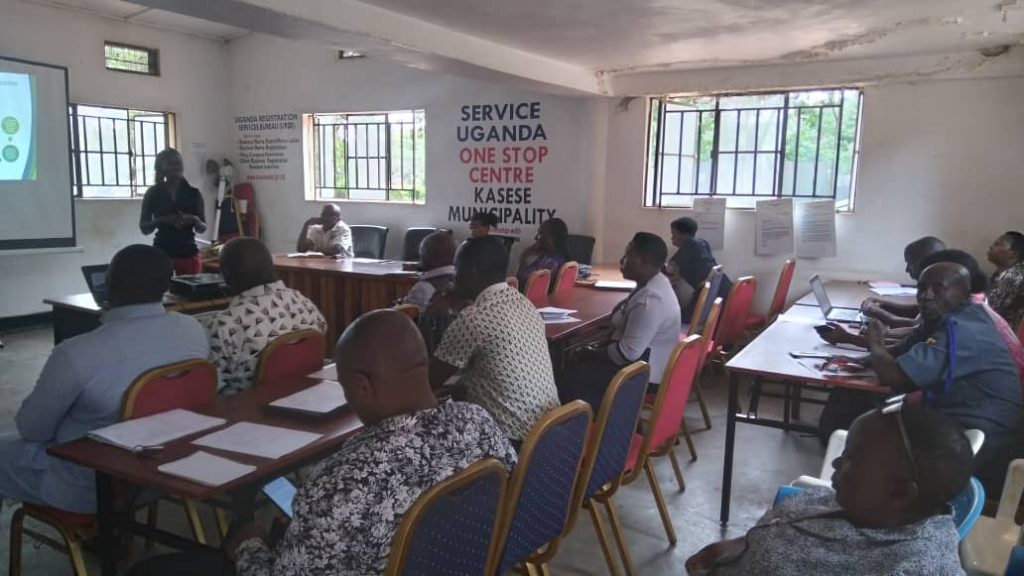
The representative of the mayor Kasese Municipality pledged support to the project but also emphasized that planting of trees must be compulsory to every individual.
An incorporation of another project on WETLAND ACTION PLANNING & INVENTORY FOR KASESE MUNICIPALITY will soon commence to supplement the first project.
